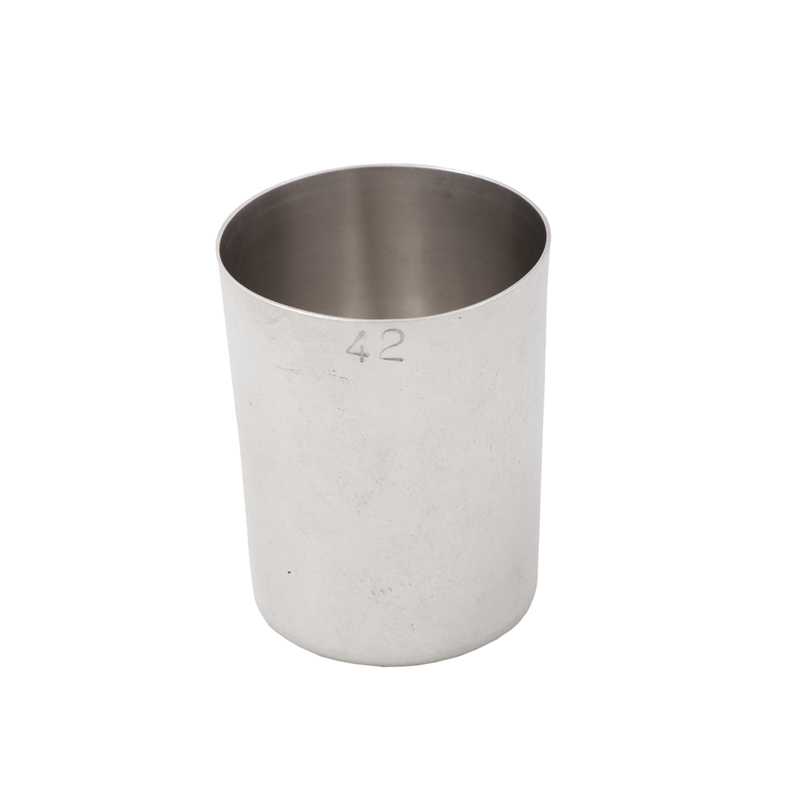88Labware Cylindrical Crucibles – Durable Platinum Labware for High-Temperature Testing
The 88Labware Cylindrical Crucibles are precision-engineered platinum containers designed for reliable and accurate results in demanding high-temperature laboratory applications. Made from high-purity platinum or platinum-gold alloys, these crucibles are essential for processes such as thermogravimetric analysis (TGA), differential thermal analysis (DTA), and fusion procedures requiring excellent heat resistance and chemical stability.
Featuring a cylindrical shape, these crucibles provide uniform heat distribution, minimizing thermal gradients that could affect the integrity of your samples. Their smooth inner surfaces reduce contamination risks and enable easy cleaning, supporting consistent and reproducible results across multiple uses.
Constructed with meticulous craftsmanship, 88Labware’s platinum labware offers exceptional durability against corrosion, oxidation, and thermal shock. This robustness ensures that the cylindrical crucibles retain their structural integrity even through repeated heating and cooling cycles, making them a cost-effective choice for laboratories performing frequent high-temperature analyses.
Versatile and compatible with most standard laboratory equipment, these crucibles are suitable for a broad range of applications, including inorganic and organic material testing, elemental analysis, and metallurgical research. 88Labware also provides customized platinum laboratory accessories tailored to specific instrument requirements and research needs.
Features of Cylindrical Crucibles
-
Cylindrical Design
-
Uniform cylindrical shape with straight walls provides consistent heat distribution and efficient sample handling.
-
Ideal for controlled heating, melting, or chemical reactions.
-
-
High-Temperature Resistance
-
Manufactured from refractory materials such as alumina, porcelain, graphite, or silica, capable of withstanding extreme temperatures (up to 1700°C+).
-
-
Superior Chemical Resistance
-
Inert to most acids, alkalis, and solvents, making them suitable for corrosive chemical environments.
-
-
Durable and Reusable
-
Designed for long-term use, with resistance to thermal shock, abrasion, and mechanical stress from repeated heating and cooling.
-
-
Smooth Interior Finish
-
Polished or smooth interior surface enables easy removal of contents and reduces contamination during processes.
-
-
Standardized Sizes
-
Available in a wide range of volumes and dimensions, from small-capacity lab sizes to larger industrial formats.
-
-
Stable Base
-
Flat bottom design provides stable placement in furnaces, kilns, or heating platforms.
-
-
Versatile Applications
-
Used in melting, calcining, ashing, alloying, and thermal analysis across industries including:
-
Laboratories
-
Metal refining
-
Ceramics & glass
-
Chemical engineering
-
-
-
Optional Lids
-
Can be paired with matching lids to reduce oxidation, contamination, or evaporation during heating.
-
-
Compatibility
-
Designed to work with furnaces, crucible tongs, and laboratory stands for safe and easy operation.


There are no reviews yet.